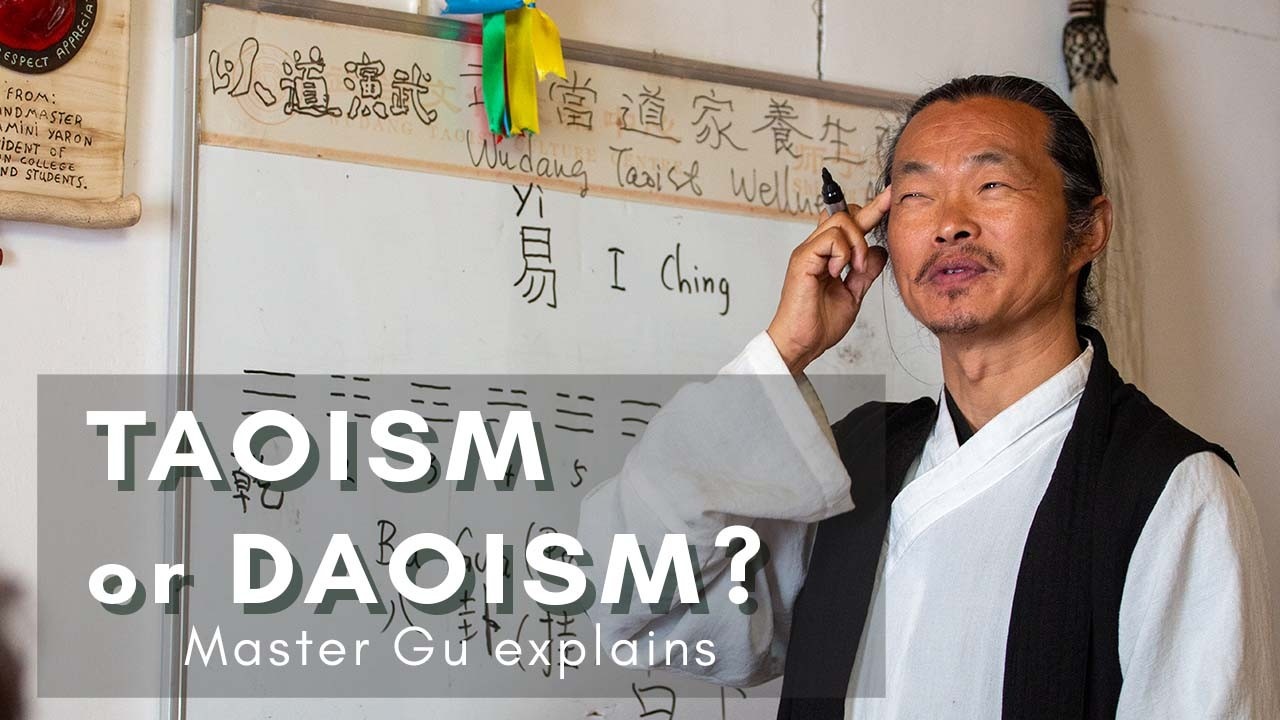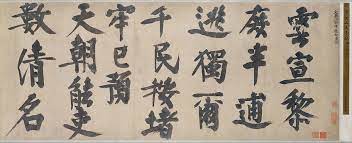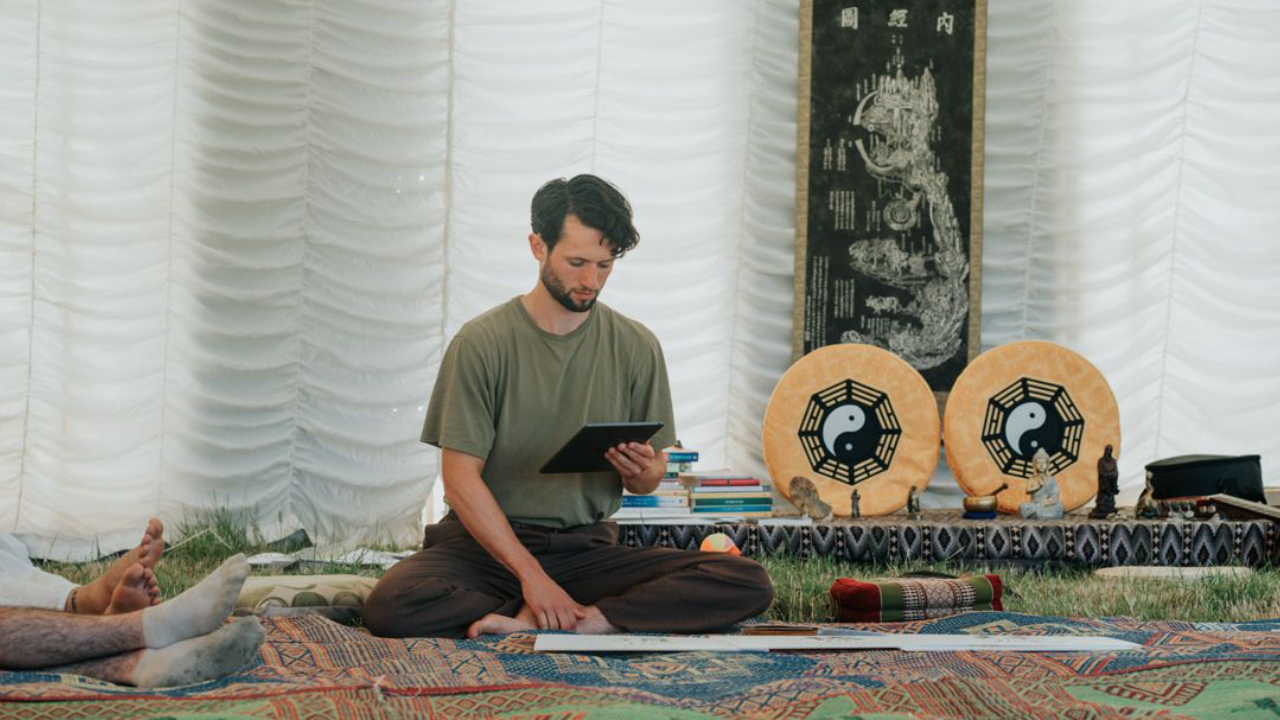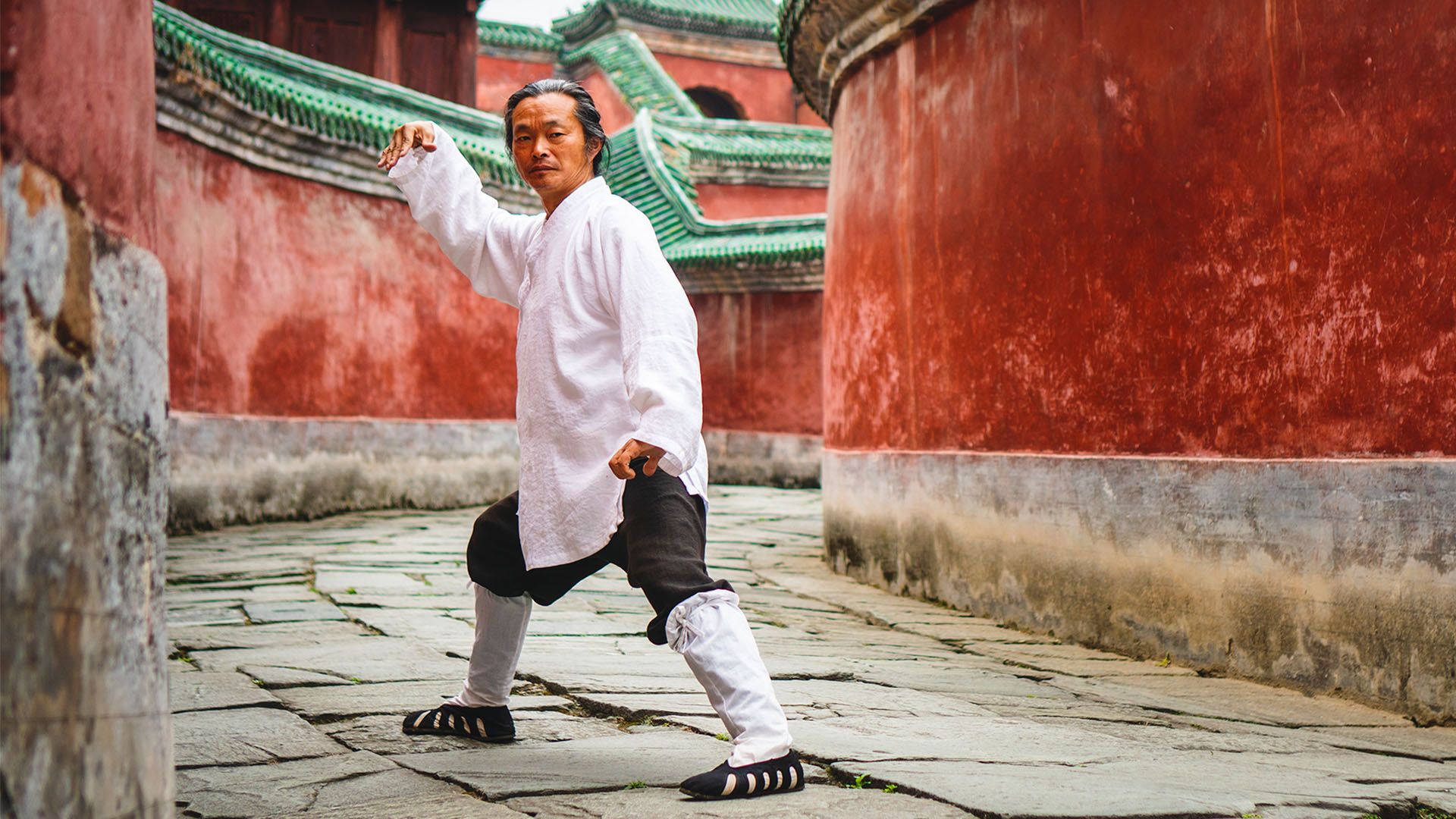Is it Taoism or Daoism? Chi Kung or Qi Gong? Master Gu explains
Oct 07, 2024
If you are new to the wonderful world of Chinese philosophy and language, you might encounter some confusion.
While exploring Taoism, you might come across Daoism and wonder if they are the same.
Similarly, when practicing Chi Kung, you may hear it referred to as Qi Gong, leading to more questions.
This confusion arises from different transliteration systems for Chinese characters. Taoism and Daoism represent the same philosophy, known for their emphasis on harmony and balance. The terms "Tao" and "Dao" both refer to the fundamental concept of "the way" or "the path." Similarly, Chi Kung and Qi Gong are different spellings for the same practice, focusing on energy cultivation. Understanding these variations is crucial for navigating the rich landscape of Chinese philosophical and spiritual traditions.

Turning Chinese characters into Roman letters is no easy task. Numerous attempts over the centuries have left us with a confusing mix of spellings. Luckily Master Gu, the Chinese Tai Chi Master from the Wudang Mountains is here to clarify things:
The root for Daoism or Taoism is the Chinese word 道 ("road" or "way”).
The earliest system to romanize Chinese was called the Wade-Giles system. The system, completed in 1892, transcribed 道 as Tao.
Why they did this, I do not know. It was a bad choice. Because you’ll hear that Master Gu pronounces it Dao. And it’s not just philosophical words. In China, Tofu is pronounced ‘Doh-fu'.
Wade Giles has caused an awful lot of headaches over the decades.
Here’s what Alan Watts has to say about it:
No uninitiated English-speaking person could guess how to pronounce it, and I have even thought, in a jocularly malicious state of mind, that Professors Wade and Giles invented it so as to erect a barrier between profane and illiterate people and true scholars.
Thankfully, in the 1950s the Chinese government created the pinyin system, which updated spellings to more accurately represent how the Chinese language is spoken. So Tao transformed into Dao. Chi Kung into Qigong.
Much better!
The pinyin spelling is much closer to how the Chinese actually speak. For this reason, I prefer it. That said, getting caught up in which words to use is not particularly in keeping with the free-thinking spirit of Daoism. So go with what feels natural!
The Legacy of Lao Tzu in Chinese Philosophy
Lao Tzu, also known as Laozi, is a central figure in Chinese philosophy, particularly in Taoism. He is traditionally credited as the author of the Tao Te Ching, a foundational text of Taoist thought. Lao Tzu's teachings emphasize living in harmony with the Tao, which is the natural order of the universe. His philosophy advocates simplicity, humility, and non-action (wu wei) as ways to achieve balance and peace in life. Lao Tzu's influence extends beyond Taoism, impacting other Chinese philosophical traditions and spiritual practices around the world.
Also Read: 10 Best Taoism Quotes By Lao Tzu
There is a final distinction worth noting
Daoism refers to two separate words in Chinese. One is philosophy 道家, traditionally said to have been founded by Laozi around 500 BC, with philosophers like Zhuangzi and Huzi following later. There is then 道教, the Daoist religion, founded around the 2nd century CE, which incorporated local deities and shamanic practices. At the academy and on my YouTube channel, we talk about philosophy rather than religion.
Daoist philosophy
道家
Dao • jiā
Daoist religion
道教
Dào • jiào
Hope that clarifies things!
Best wishes,
George Thompson
San Feng Pai 16th Generation Tai Chi disciple







